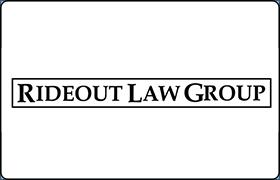Litchfield Park DUI-DWI Lawyer, Arizona, page 5
Sponsored Law Firm
-
 x
x

Click For More Info:
-
Rideout Law Group
4645 S Lakeshore Drive Suite 6 Tempe, AZ 85282» view mapCriminal Defense & Divorce & Family Law Experienced and Professional
Rideout Law is a results-driven criminal defense law firm, known for its team of experienced trial attorneys who are ready to fight for you and your particular case.
800-769-8231
M Todd Glover
Domestic Violence & Neglect, DUI-DWI, Criminal, Personal Injury
Status: In Good Standing
FREE CONSULTATION
CONTACTKaitlin S. Verdura
State Appellate Practice, Juvenile Law, DUI-DWI, Personal Injury
Status: In Good Standing
Geoffrey H. Fish
DUI-DWI, Constitutional Law, Antitrust, Animal Bite
Status: In Good Standing Licensed: 27 Years
Nicholas M. Alcock
Grand Jury Proceedings, Felony, DUI-DWI, Criminal
Status: In Good Standing Licensed: 26 Years
 Bradlee Rideout Tempe, AZ
Bradlee Rideout Tempe, AZ Practice AreasExpertise
Practice AreasExpertise
